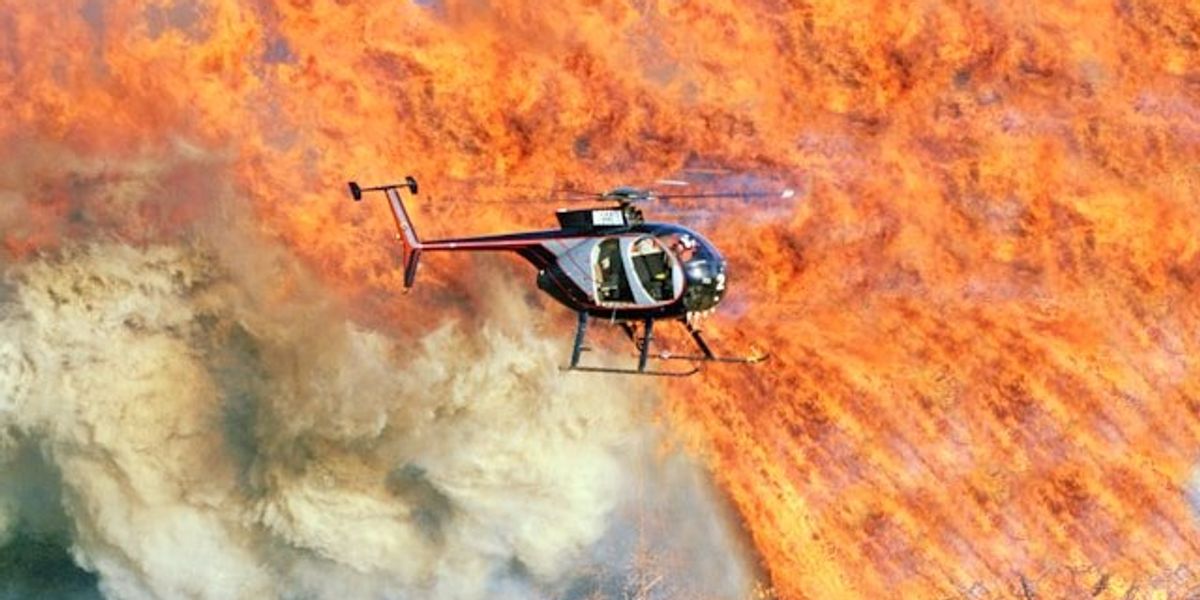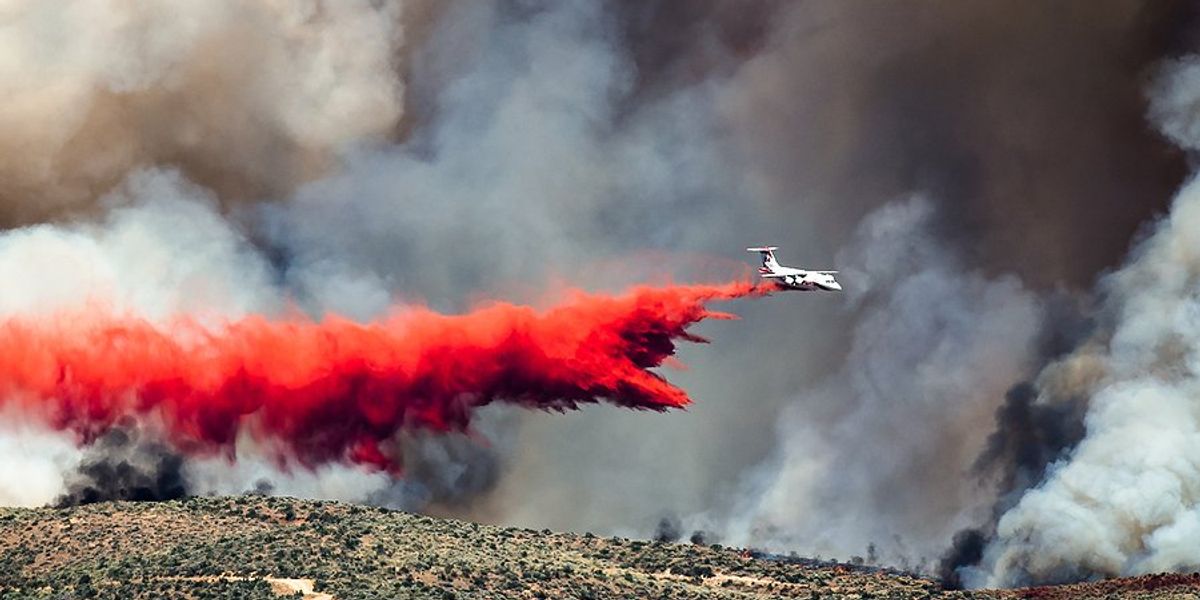
Lawsuit claims USDA climate data purge leaves farmers without vital resources
A lawsuit against the U.S. Department of Agriculture alleges that the Trump administration's removal of thousands of climate-related web pages has illegally stripped farmers of critical tools needed to navigate worsening droughts, floods, and shifting growing conditions.
Miranda Lipton reports for Inside Climate News.
In short:
- The lawsuit, filed by environmental and farming groups, argues that the USDA’s deletion of climate-related resources violates federal laws, including the Freedom of Information Act.
- Farmers, especially small-scale and new operators, have lost access to essential data on climate adaptation, federal loans, and conservation practices.
- The data purge coincides with funding freezes for climate initiatives, compounding financial uncertainty for farmers already struggling with extreme weather.
Key quote:
“Not every farmer has the ability to navigate this and manage their expenses. And this coupled with frozen funding, mass layoffs of USDA staff and the loss of research creates massive pressure on an already stressful profession.”
— Omanjana Goswami, a scientist at the Union of Concerned Scientists
Why this matters:
As climate change drives increasingly erratic weather patterns, agricultural producers depend on publicly available climate and environmental data to make informed decisions about when to plant, irrigate, and harvest. These datasets, often provided by agencies like the National Oceanic and Atmospheric Administration (NOAA) and the U.S. Department of Agriculture (USDA), help farmers anticipate droughts, floods, and shifting growing seasons.
Beyond weather, government data plays a critical role in the financial stability of farms. Many federal programs designed to support sustainable agriculture — including grants for soil conservation, crop insurance subsidies, and disaster relief — rely on data-driven assessments of risk and environmental impact. Without access to these resources, smaller farms, which already operate on thin margins, face a greater risk of financial collapse.
Related: Farmers take legal action over removal of climate data from USDA websites













